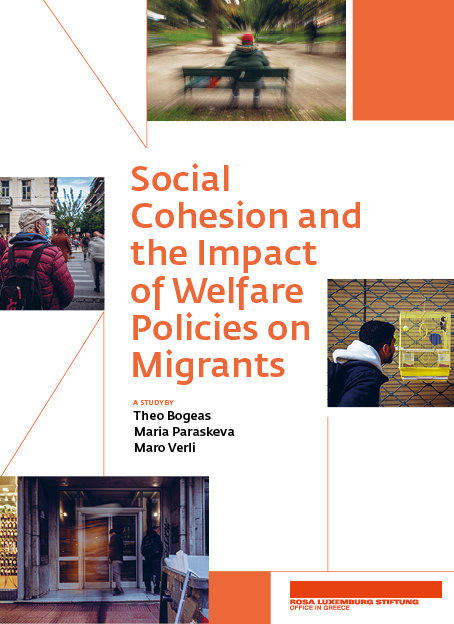In recent years, economic, social and political developments in Europe have challenged European welfare governance. Many countries, including Greece, launched austerity programmes that have negatively affected welfare systems and impoverished disadvantaged populations. At the same time, the global situation (political, social, military conflicts, human rights abuses, violence, weather, etc.) has resulted in the increased movement of third-country nationals (TCN) and has triggered debates on the relationship between migration and the welfare state.
This study aims to highlight the benefits and risks of the subsidies policy in Greece to the lives of the refugees who receive them and those people who are excluded from them but who should receive them.



